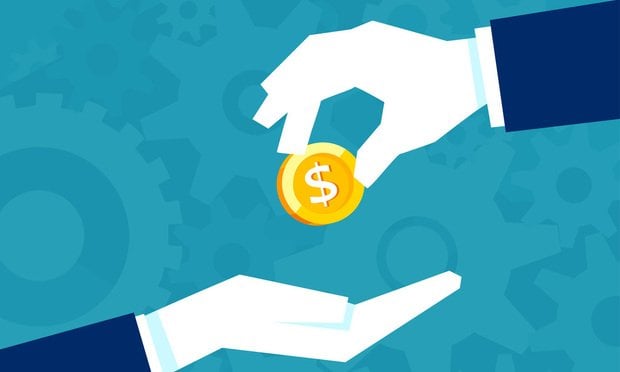I am asked this question several times every day. The trueanswer is that I do not know and no one knows. We are inunprecedented times.There are so many factors to look at to try tofigure out when this market will start to correct but nothing thathas happened, thus far, has indicated that we are headed for clearskies in the short term. There are several things we need tosee and several hurdles we need to overcome before we can saythat we are headed for recovery.There is no doubt that many peoplewill be financially disadvantaged and billions will be lostonly to provide others with the opportunity to make fortunes. Wesaw this during in the early 1990s and today the circumstances aremuch more acute.Last week the stock market rallied leaving somepundits proclaiming that we are at the bottom and the recovery hasbegun. I do not think so and I will try to explain why.Wehave said for many quarters that in order to believe that arecovery has begun, we need to track three indicators: 1) a coupleof quarters where banks are not compelled to raise capital, 2)leveraged loan spread regulating and 3) credit default swappremiums attaining stabilized levels. Let's look at each of theseindicators.Bank capital is stressed. Banks currently have more cashthan they have ever had but distortions caused by mark-to-marketaccounting rules have forced banks to write down assets to levelswhere bank capital levels are marginal. Due to reserverequirements, while banks have huge levels of cash, they are notlending as much as they could because of their capital ratios.Mark-to-market accounting is stifling the appetite for banks tooriginate new loans.Leveraged loan spreads are at all time highs.These spreads indicated the willingness of banks to make loans.Based upon these spreads, it would appear that banks are less eagerto lend than they should be. Several banks publically statethat they are lending and lending more than last year, but who isseeing this liquidity in the market? We could also include TEDspreads in this category. This is the spread on bank loans to otherbanks which has historically been 5 to 10 basis points. InSeptember, this spread hit 470! Today it is around 100.Lastly,let's look at credit default swaps. They are indicative of theperception peers have of the credit worthiness of other companies.The premiums that these swaps have been trading at are indicativeof a general skeptisism that exists in the equity markettoday.Notwithstanding Citigroup and Bank of America recentlyannouncing that they do not require any additional cash injectionsfrom the government, banks still need to raise cash and capital.Leveraged loan spreads are still bloated and credit default swappremiums are still far too high. Based upon all of this, the recentbear market rally does not seem to be indicative of a bottomin the market.We believe that the housing market needs to bottomout before the economy can bottom. Can housing bottom beforeunemployment peaks? Many economists do not think so. Neither doI.Optimistic economists believe the economy will bottom out in thethird quarter of 2009 and the pessimists are projecting a bottom inthe second quarter of 2010. Unemployment is a lagging indicator andwill, likely, not peak until 3 or 4 months after the economybottoms. If we assume that the optimists are correct, we shouldhave unemployment peak in the first or second quarter of 2010.This is when the housing market will probably bottom andthe big 3 indicators (mentioned above) will start toregulate. This is also the point at which we should start to seeimprovement in the fundamentals within the commercial real estatemarket.Based upon all of the data available today, it wouldseem that we are looking at about a year before the correctionbegins. I certaintly hope it happens sooner.
Continue Reading for Free
Register and gain access to:
- Breaking commercial real estate news and analysis, on-site and via our newsletters and custom alerts
- Educational webcasts, white papers, and ebooks from industry thought leaders
- Critical coverage of the property casualty insurance and financial advisory markets on our other ALM sites, PropertyCasualty360 and ThinkAdvisor
*May exclude premium content
Already have an account?
Sign In Now
© 2024 ALM Global, LLC, All Rights Reserved. Request academic re-use from www.copyright.com. All other uses, submit a request to [email protected]. For more information visit Asset & Logo Licensing.








